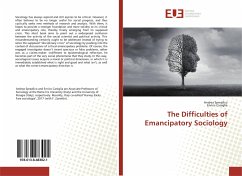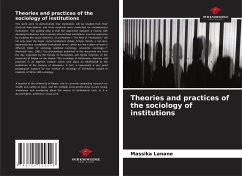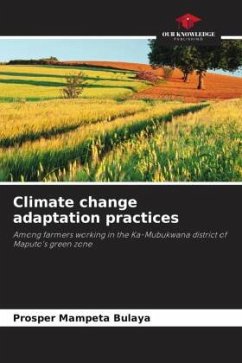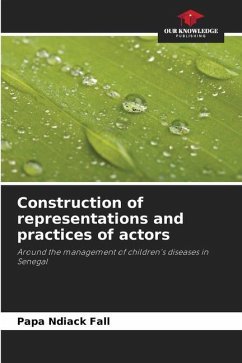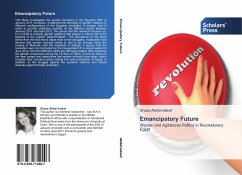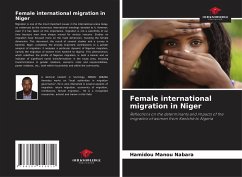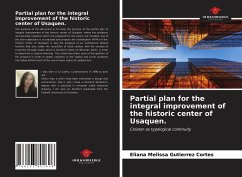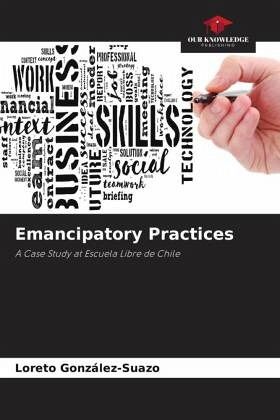
Emancipatory Practices
A Case Study at Escuela Libre de Chile
Versandkostenfrei!
Versandfertig in 6-10 Tagen
45,99 €
inkl. MwSt.

PAYBACK Punkte
23 °P sammeln!
This research reflects on a case study that addresses the emancipatory educational practices of a Free School in the Metropolitan Region of Santiago, Chile. The study aims to understand and analyze the different educational practices that are oriented towards liberating education, which are trying to strain the current traditional educational logics. Thus, the relevance of the research lies in making visible the way in which social organizations are building a country project and how informal education can question the practices and rationalities of the traditional school. The qualitative rese...
This research reflects on a case study that addresses the emancipatory educational practices of a Free School in the Metropolitan Region of Santiago, Chile. The study aims to understand and analyze the different educational practices that are oriented towards liberating education, which are trying to strain the current traditional educational logics. Thus, the relevance of the research lies in making visible the way in which social organizations are building a country project and how informal education can question the practices and rationalities of the traditional school. The qualitative research uses as data collection techniques, participant observation, field notebook recording, document analysis, and semi-structured interviews with educators from a free school. Each technique is subsequently analyzed through the development of descriptive and analytical categories, together with the corresponding triangulation of the information obtained.



